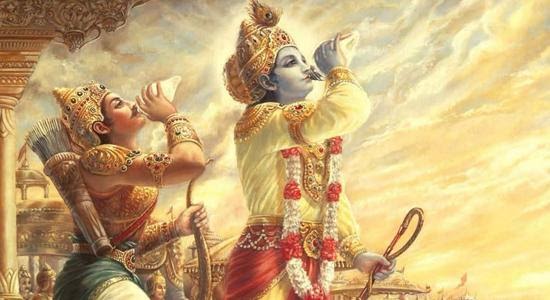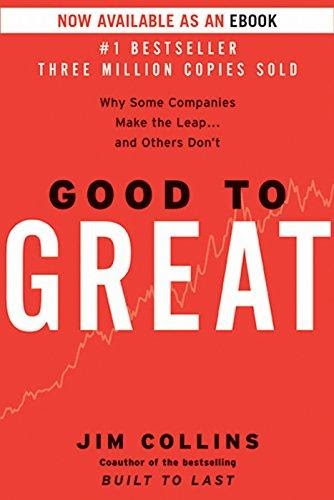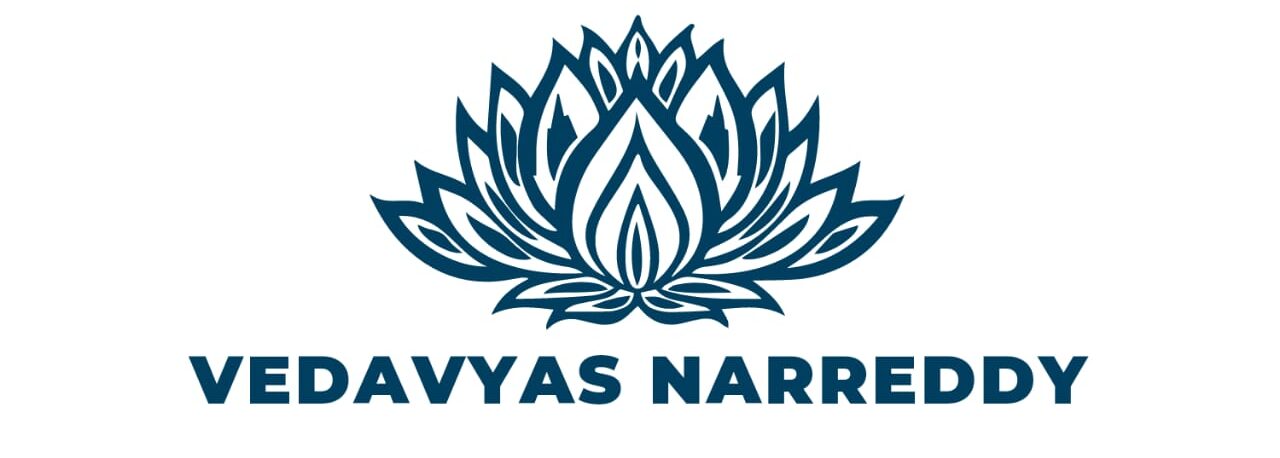Note: This blog post is a continuation (part -2) of The “Buddha – Napolean Hill” Puzzle blog / video. Read the blog / video if you haven’t already, and then come back to this!
Now I will be presenting my perspective of the “Buddha – Napolean Hill” Puzzle through a simple framework. Hope you too have given it a thought. As I mentioned already, it’s not about saying that your perspective is wrong and that I am now going to present THE right one. It’s very much possible that both our perspectives are very much similar. It’s just that – I will be presenting my answer in a practical format – that can be used in a variety of life situations, especially to enhance Congruent Leadership.
A Practical Framework
In my understanding, what Buddha is referring to is Self Dissolution. That’s what spirituality is actually all about. Whether it’s through prayer or meditation or service or intelligence, the objective of spirituality is to dissolve the self – the ME – that consists of various identifications, unconscious repetitive patterns, likes & dislikes, etc. Self Dissolution is a science by itself, that has been expounded by various masters in different parts of the world, and in India it has been referred to as Yoga. Yoga is not just twisting and turning your body. It is a science of going beyond the physical and individual boundaries and experiencing that which is beyond.
Just like how there is a science of Self Dissolution, there is also a science of Personality Development. And that is what Napolean Hill is talking about. Developing qualities such as discipline, love, etc, enhancing skills such as effective communication, time management, etc, gaining knowledge on domain-related topics, contemporary and latest developments, etc, maintaining good mental and physical health – all these come under Personality Development. There are various ways and methods to conduct this effectively.
Making Chapatis & Exploring Gita
One common misconception is that Self Dissolution and Personality Development are opposite and mutually exclusive. I don’t think that’s true. They can very much go together and can actually be mutually supportive! Let me explain this with the help of an analogy: making chapatis!
I hope you are aware of the chapati-making process, which needs water and dough (if not, ask your mother or someone who knows cooking or maybe watch a youtube video!). Sometimes the dough gets dried up and we cant make chapatis with it. If we try to mould it when it’s rigid – it gets cracks and breaks. So what do we do then? We add some water to the dough so that it becomes malleable again and now we can mould it into any shape/form we want. In this analogy, making the dough malleable and flux is analogous to Self Dissolution, and making the dough whichever shape/form we want is analogous to Personality Development.
Through the process of Self Dissolution, we become less and less rigid and that gives us more freedom and flexibility for Personality Development. And by properly conducting the process of Personality Development, we can better allow the Self Dissolution within us. So these two can very much go together in a mutually supportive way. Of course – these can be approached exclusively also. For example, focusing just on Self Dissolution is generally referred to as Sannyas. If that is the path you are willing to take, my best wishes for your choice. And there are people who are just into Personality Development without focusing on Self Dissolution, which I think will eventually create a lot of friction in their lives. I am not here to tell what you have to choose for yourself, but to show you that there is a wonderful possibility where both Self Dissolution and Personality Development can go together.
This approach has worked wonderfully well for me and in fact, this is what is recommended in great scriptures such as Bhagavat Gita, Ramayana, etc. Take the life of Krishna and his message of Gita for example! It is a beautiful portrayal of the possibility of being untouched by the variety of life situations (which needs Self Dissolution) and yet involve in life fully – giving one’s best for what is needed (which involves Personality Development).

Let’s apply this stuff to Leadership!
Now let’s bring the concept of Self Dissolution + Personality Development into the topic of Leadership! To make the point very clear, let me tell you about a wonderful book called “Good To Great” by Jim Collins, which is considered to be a classic on organizational development and leadership. Mr. Collins and his team did extensive research for five years on how certain companies are transitioning from being good companies into great companies, while many other companies are not able to do that. One of the key observations that they made is, in every Good To Great company that they were researching on, there was a Level 5 Leader! Who are Level 5 Leaders?! In Jim Collins’s words – they are the ones with a powerful mixture of personal humility and indomitable will.

“The good-to-great leaders never wanted to become larger-than-life heroes. They never aspired to be put on a pedestal or become unreachable icons. They were seemingly ordinary people quietly producing extraordinary results. …It is very important to grasp that Level 5 leadership is not just about humility and modesty. It is equally about ferocious resolve, an almost stoic determination to do whatever needs to be done to make the company great.”
– Jim Collins
If you closely observe, Jim Collins is actually speaking the language of Self Dissolution + Personality Development! In the book Good To Great, Jim Collins only gave the theory but hasn’t given much about how to put that theory into practice. But that is exactly what you will be learning in my Congruent Leadership trainings.
If you have gone through my website, you would know that the core aspect of my work is developing the quality of Congruence for effective leadership. It is due to the internal conflicts people go through that affect their productivity and outcomes. The “Buddha – Napoleon Hill” Puzzle is a very deep but just one of the various examples of incongruity that people go through. To become an effective leader, it’s very important that you resolve the internal conflicts and develop congruence – not just in you but also in your team members.
If you are one of those people who are willing to learn more about how to become an effective leader, and would like to have me as your partner in your journey, I invite you to join my YYS Leadership Workshop. Click the “Register NOW” button below to know more details!
